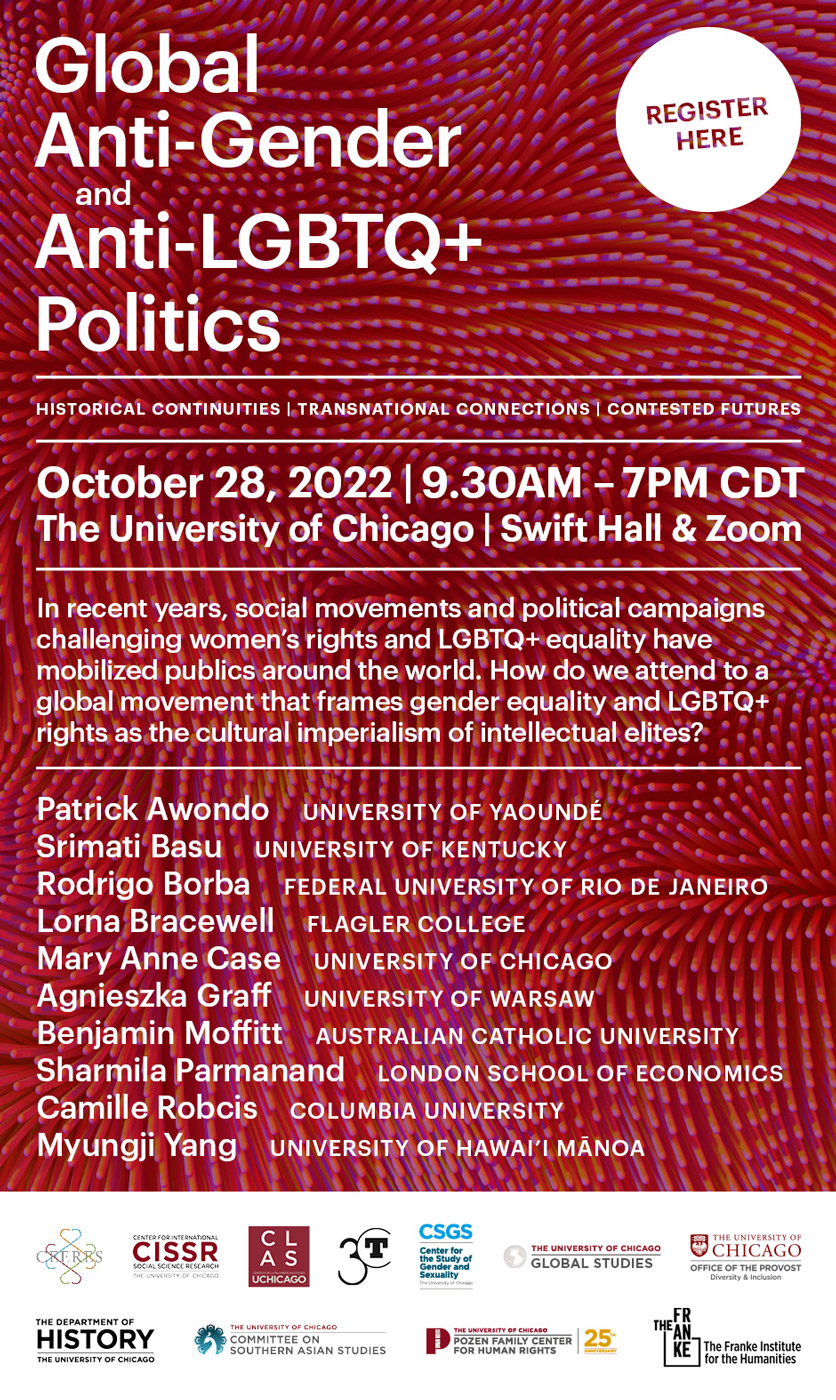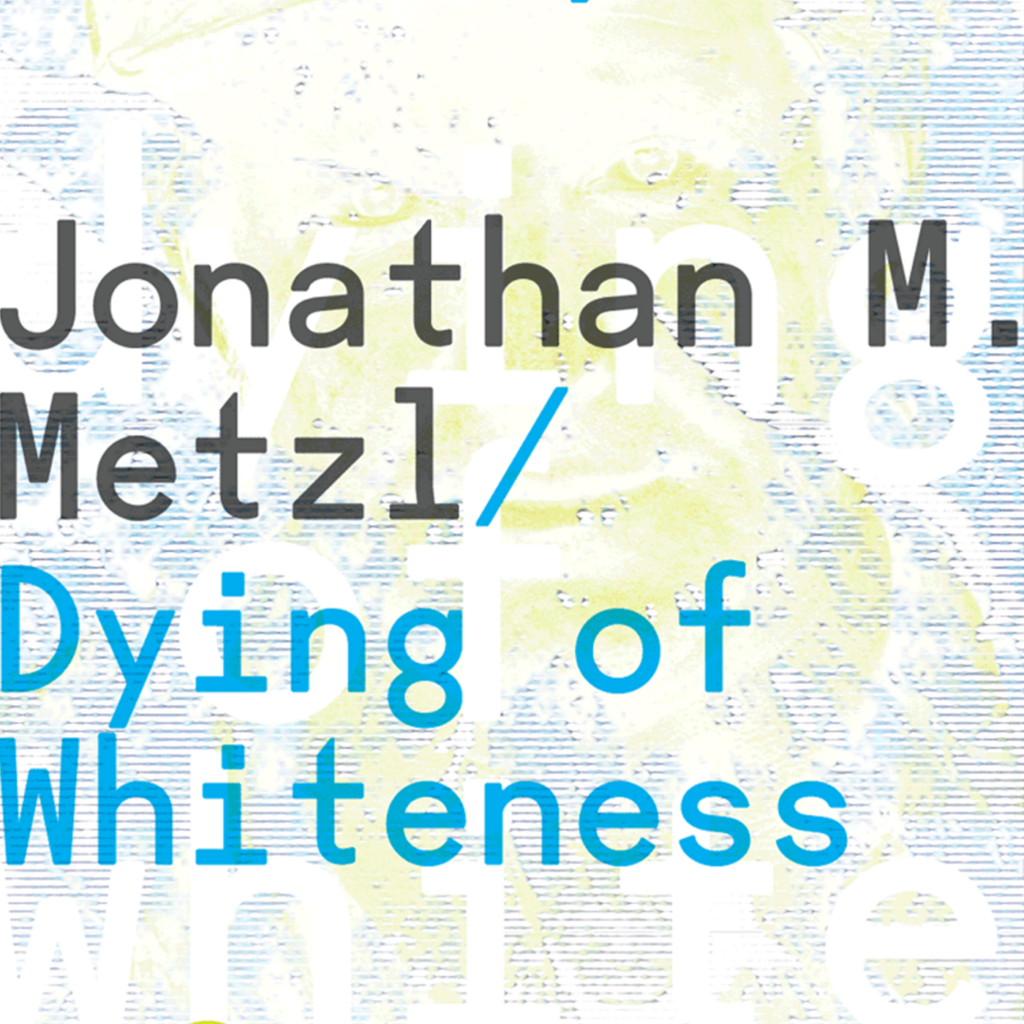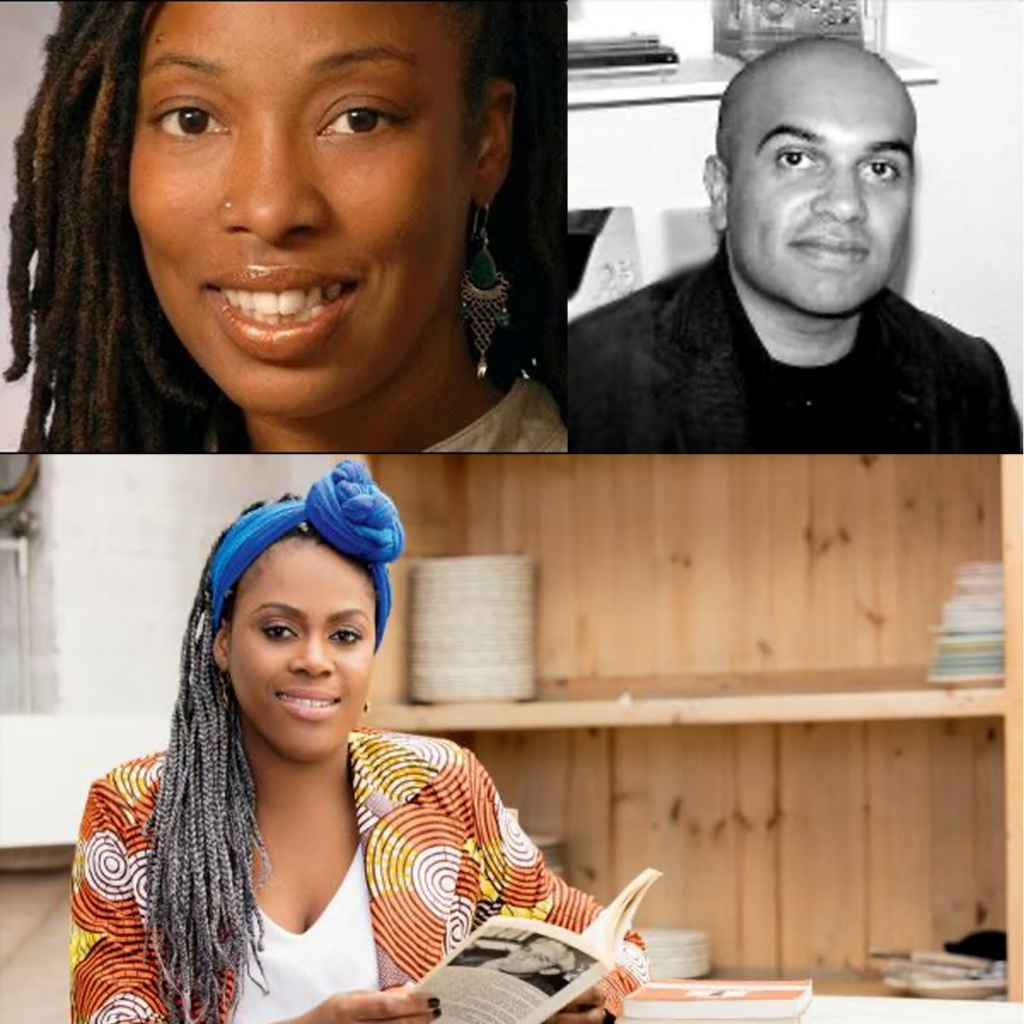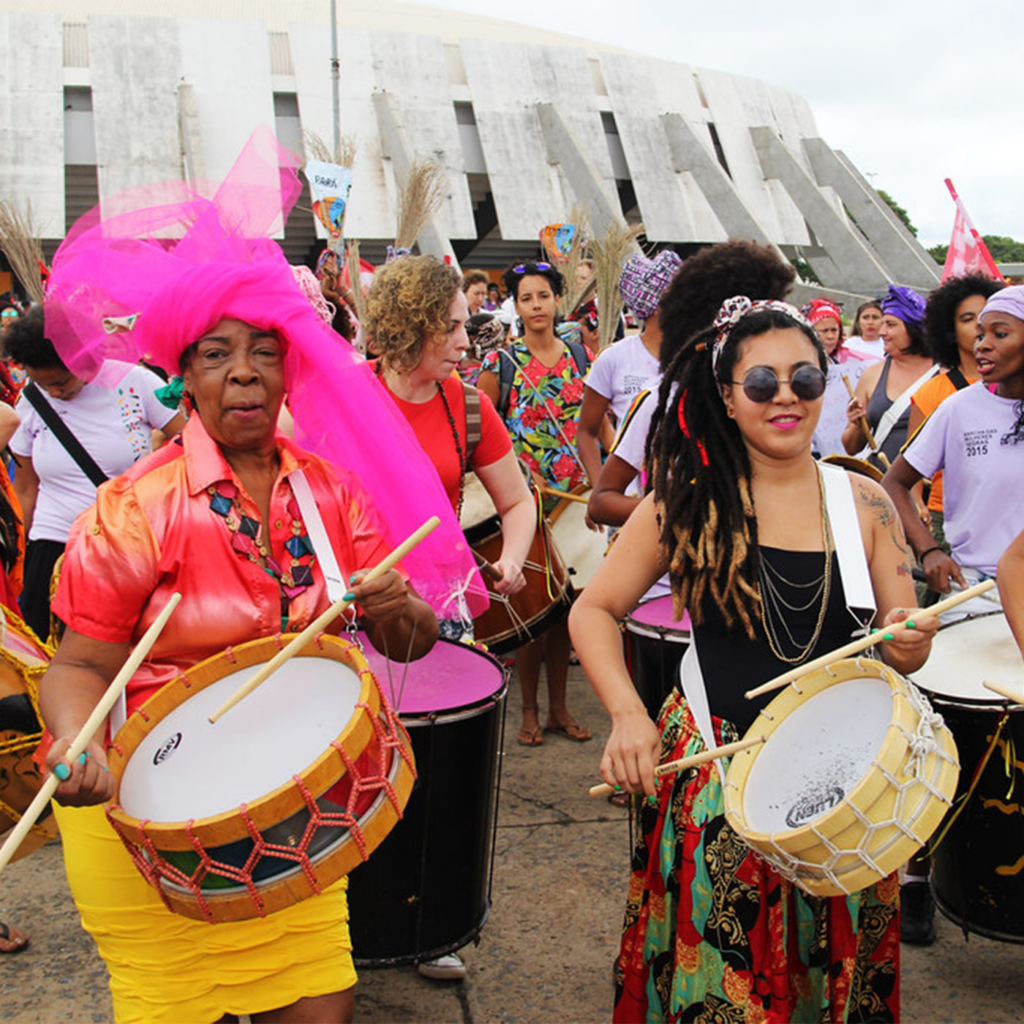Categories
Global Anti-Gender And Anti-LGBTQ+ Politics: Historical Continuities, Transnational Connections, Contested Futures
Friday, October 28, 2022, 9:30am–7:00pmIn recent years, social movements and political campaigns challenging women’s rights and LGBTQ+ equality have mobilized publics across the globe, from West Africa to Central and Eastern Europe, South Asia to North America. Even as some countries have witnessed an expansion of reproductive rights, marriage equality, and the legal recognition of transgender people, in many others these rights have been substantially weakened, diminished, or outright withdrawn. As commentators and academics have explored, “anti-gender” and “anti-LGBTQ+” movements often reach beyond national borders and draw upon shared strategic and material resources. Rather than consider such movements as independent national(ist) “backlashes,” this series of workshops seeks to explore their connections historically and geographically, as regional expressions of a well-connected and well-funded conservative coalition. And yet, these campaigns are not monolithic; while their actors may share similar goals, considerable differences can be observed in their political, cultural, and religious backgrounds.
Bringing together leading academics from across the humanities and social sciences, this conference asks: how did these movements come together, why, and to what extent are they in fact unified? Who are their central actors? Do they share a vision of the past, present, and future? What is their global appeal and why do they seem to be succeeding?
Visit the conference website for full details of the event.
This conference is organized with the support of: Center for East European and Russian/Eurasian Studies; Center for International Social Science Research; Center for Latin American Studies; Center for the Study of Gender and Sexuality; Chicago Center for Contemporary Theory; Committee on Southern Asian Studies; Department of History; The Franke Institute for the Humanities; Global Studies; The Office of the Provost, and The Pozen Family Center for Human Rights.



